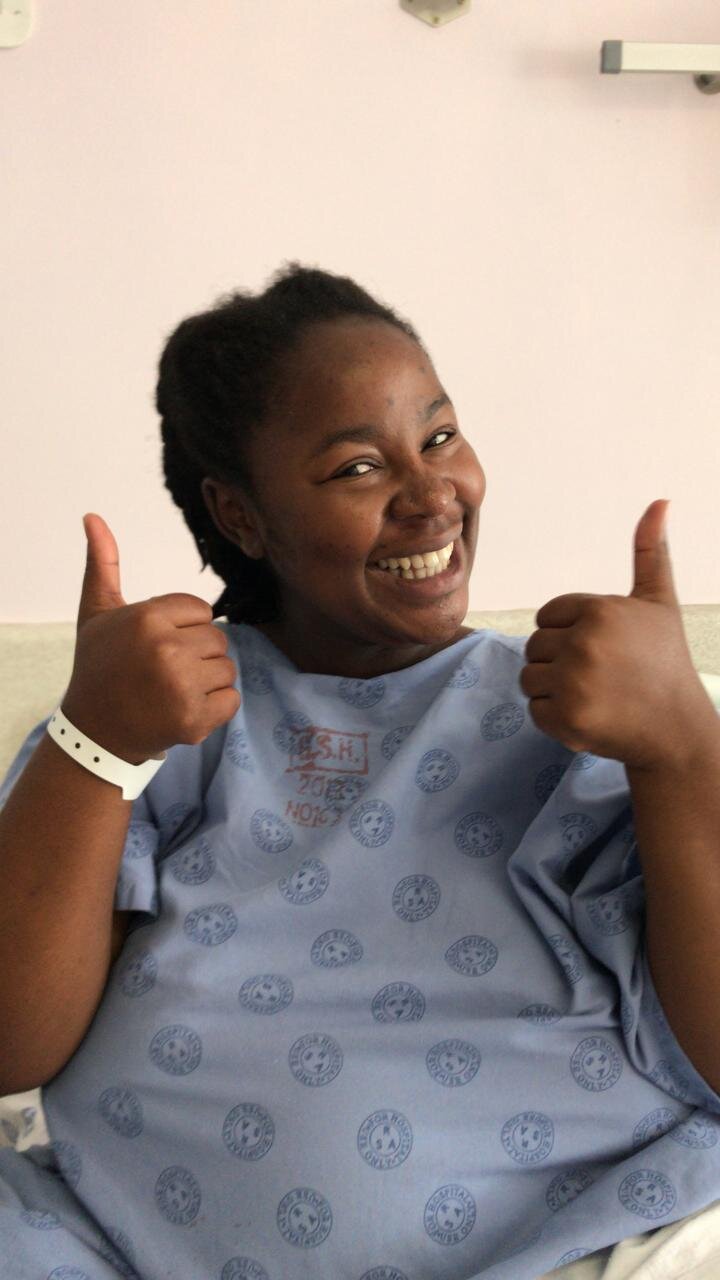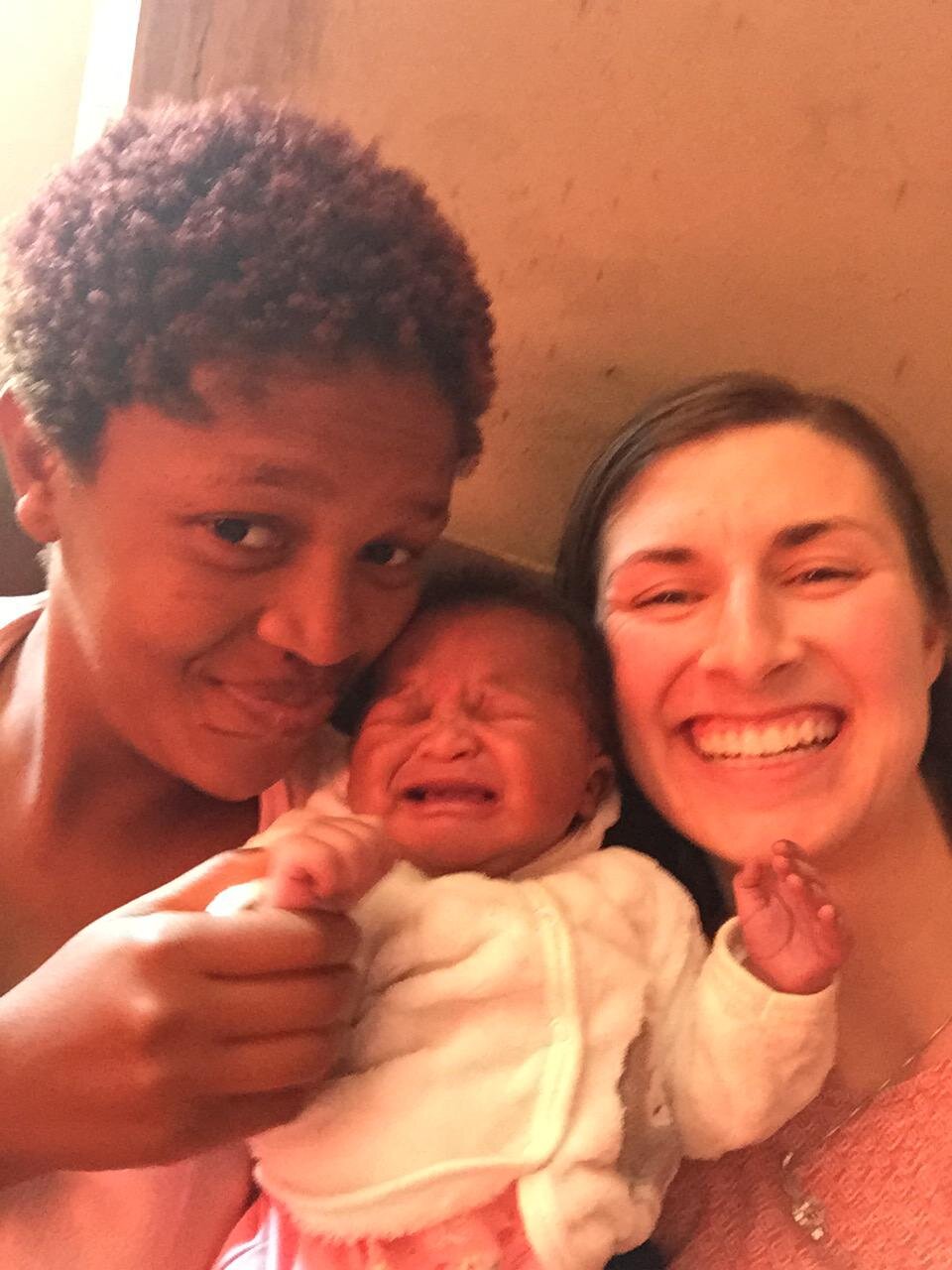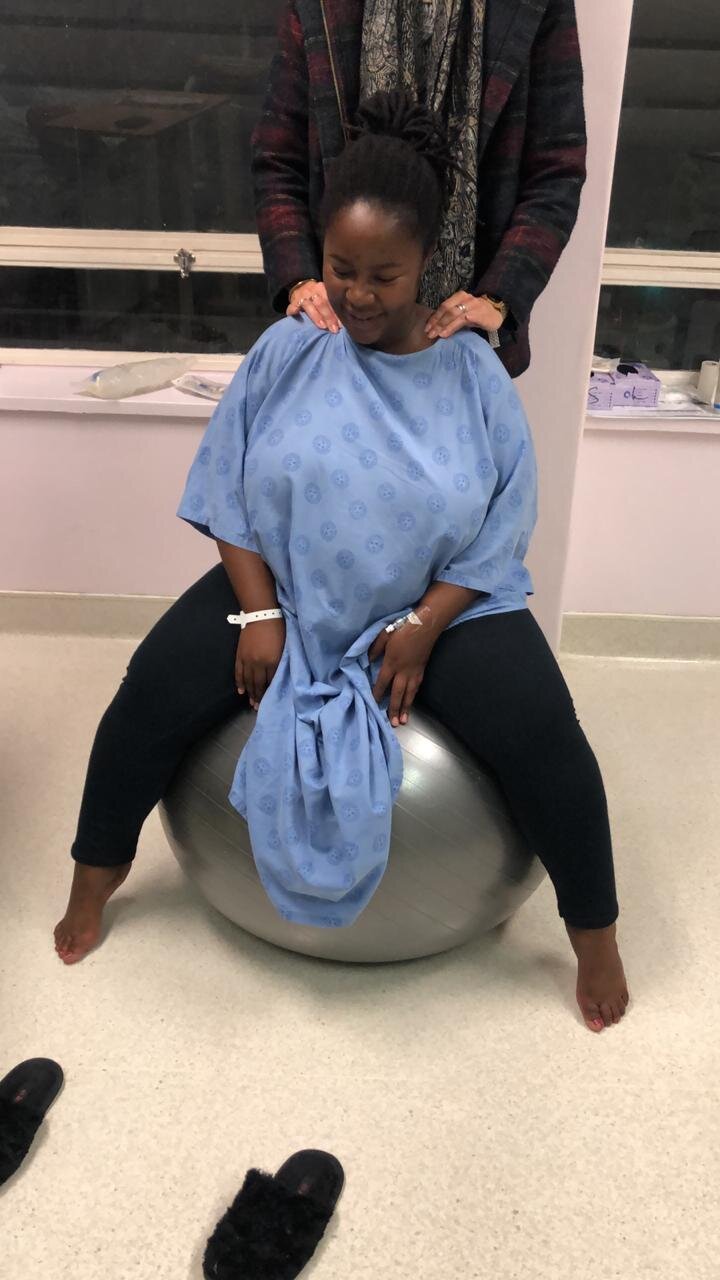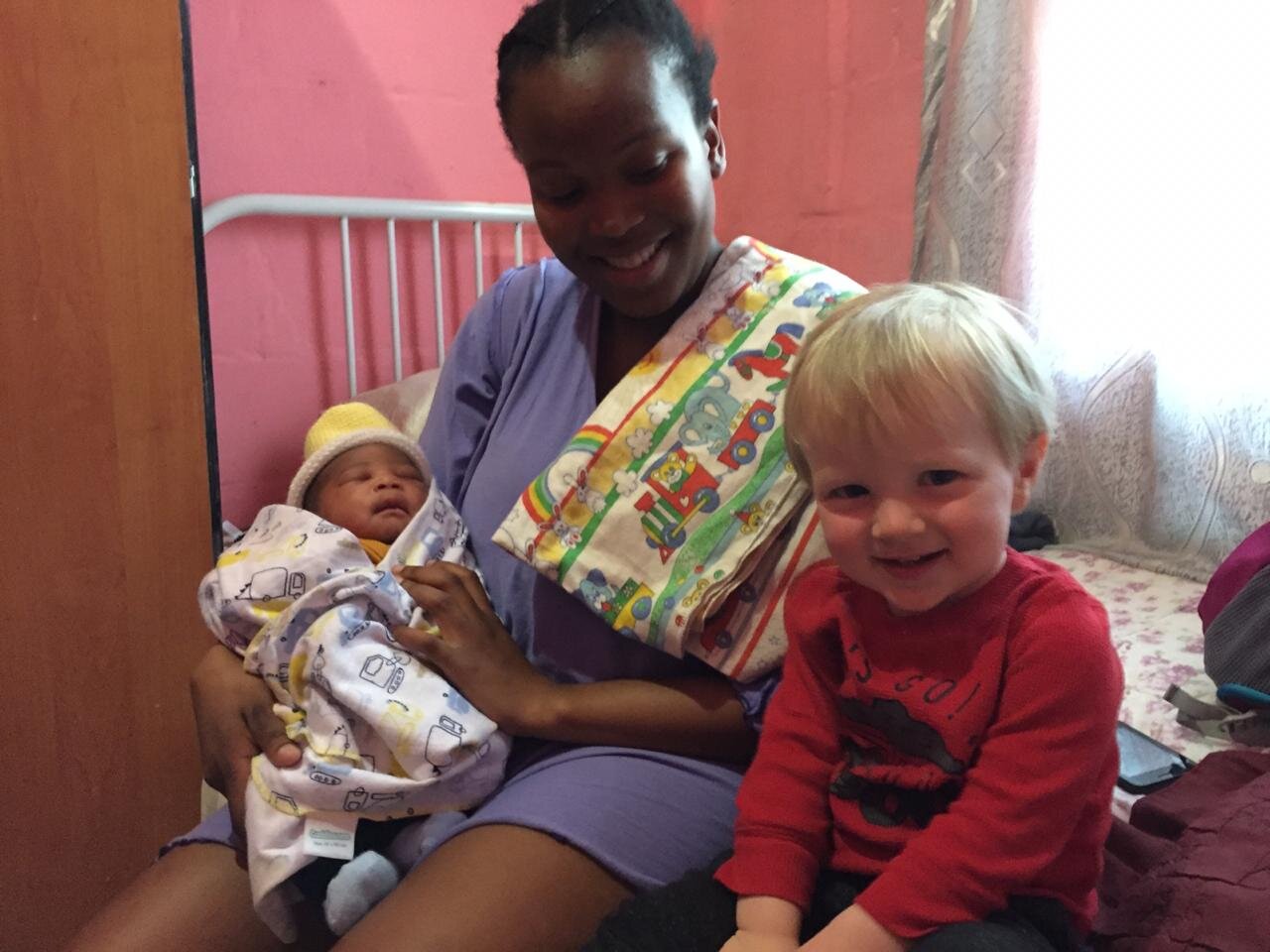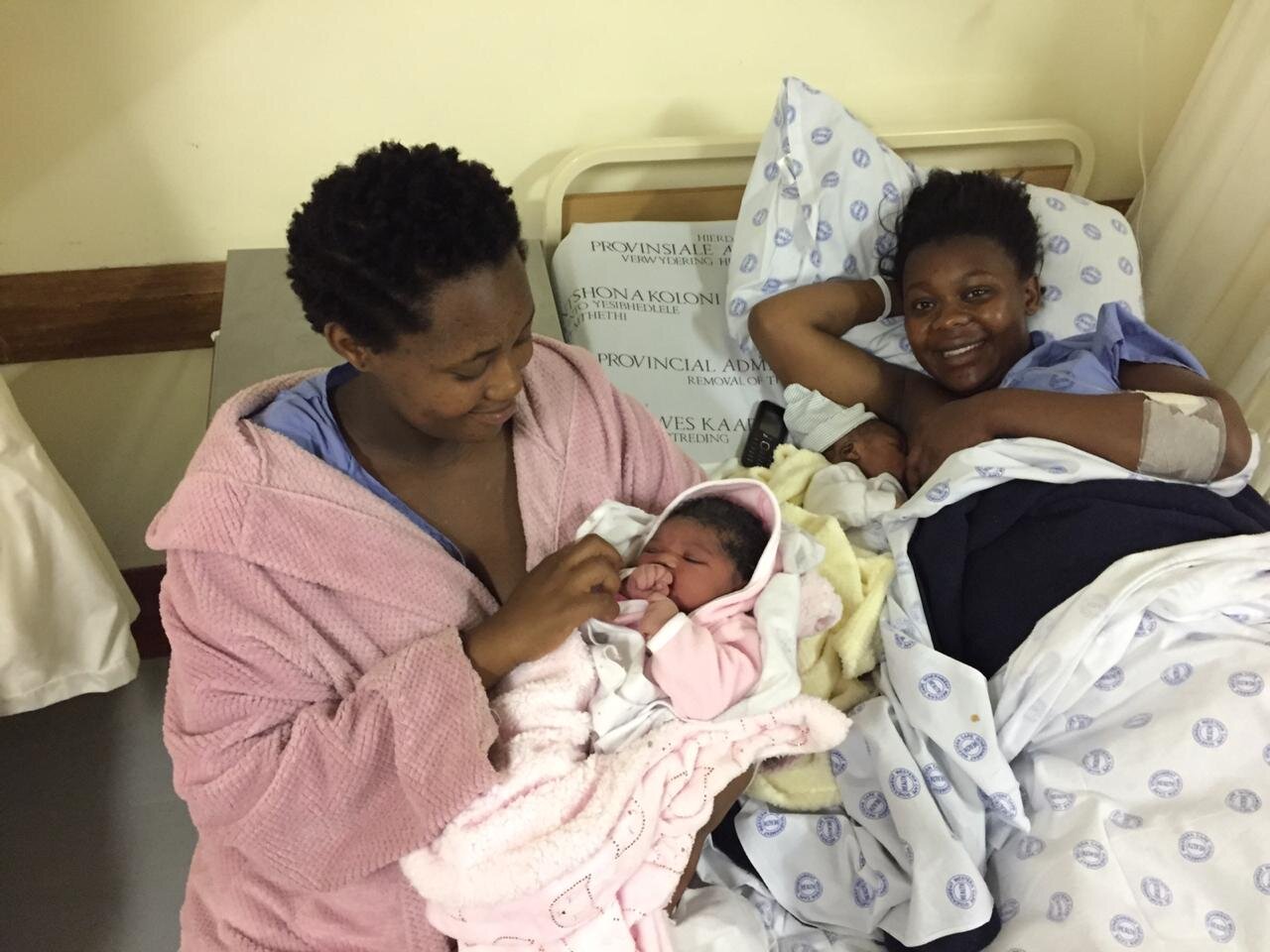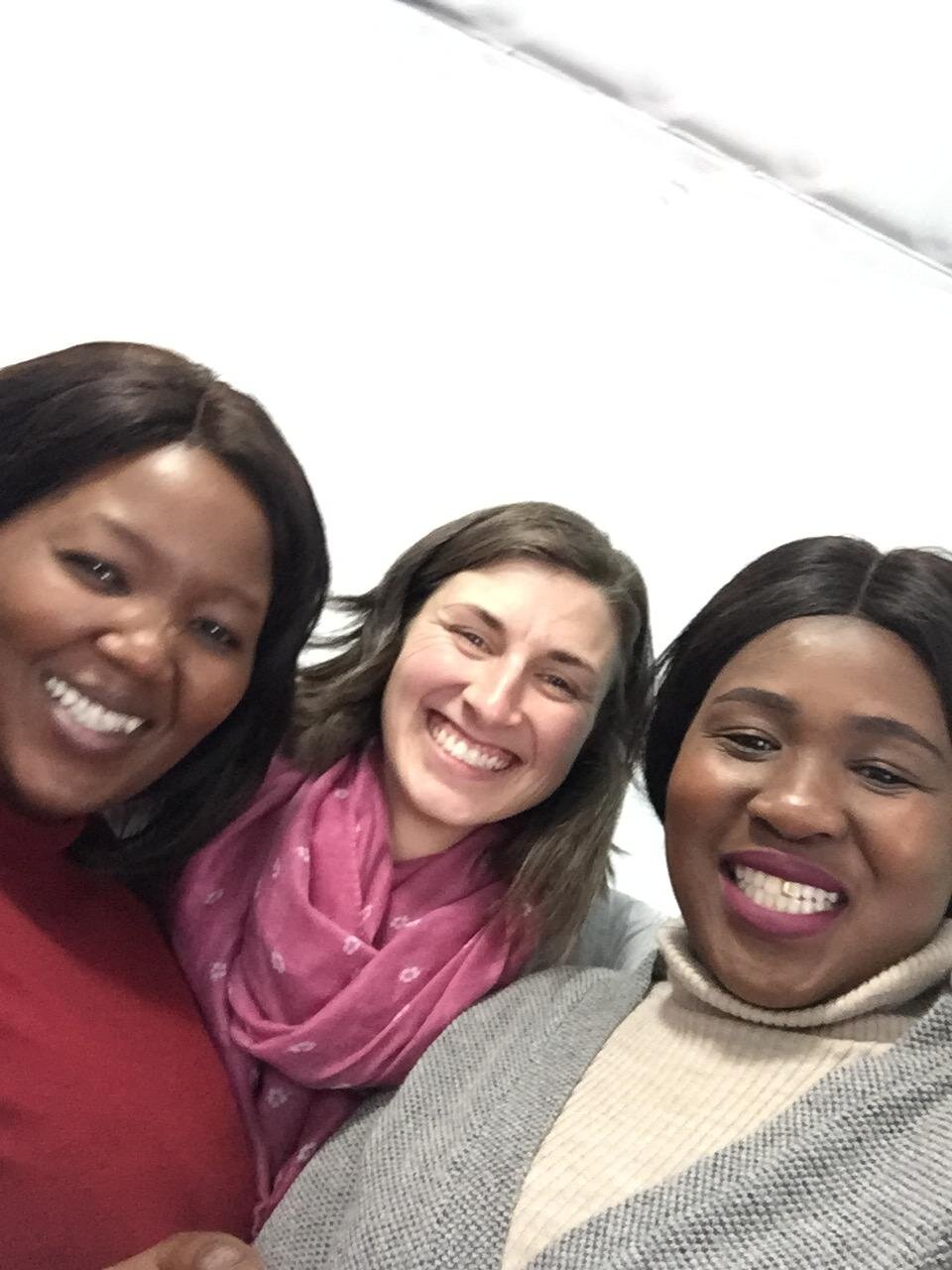Sequestered off to the side of the rolling vineyards and picturesque streets of Stellenbosch is the township of Kayamandi, a place that embodies the brilliant, rich vibrancy of the Xhosa culture and community. On most given days in Kayamandi, you will find a navy minivan zipping through the winding streets to the home of a new mom or soon-to-be mom. Educational papers and dreams in hand, the driver, Rachel Conley, arrives at the new momma’s homes as a representative of an initiative she helped to spearhead in Kayamandi: the Ubomi Project.
Rachel, an American missionary, moved to South Africa with her family in 2017 with the hope of becoming involved with a ministry in a local township. In 2018 she discovered Her Voice, an organization that serves young moms in Kayamandi, and later joined the leadership team. Rachel’s favorite part of Her Voice has been seeing the ladies who are a part of the program thrive and step up to support one another. Many of them demonstrate incredible resiliency and strength despite the odds they face in society. Townships in South Africa, Kayamandi included, face many challenges from generational fatherlessness to lack of decent housing. These issues are deeply entrenched in complex, historically rooted systems of oppression.
One area of great need in Kayamandi, specifically in regards to empowerment, is the process and general culture around giving birth. Many of the women in Kayamandi have only one choice when it comes time for them to give birth: the Stellenbosch government hospital. Reputable for being understaffed and lacking the resources to provide decent, compassionate care, many women leave the hospital feeling traumatized and fearful. Birth narratives are rarely stories of hope of joy for the women in Kayamandi. Rather, birth culture there is one of fear, powerlessness, and shame. In fact, many women are surprised to find that giving birth can be a beautiful and wonderful experience, as all they know is the fear surrounding it.
This is where Ubomi, a project started under Her Voice, desires to step in to change the culture. Rachel herself had two powerful birth experiences, and was inspired to become a doula. A doula is a labor companion. They support their clients by helping them make educated choices so that they can have a more compassionate and empowered birth experience.
In the Xhosa language, Ubomi means “life”. And it is an incredible name for this organization that seeks to support women as they bring new life into the world. This is particularly meaningful in a place where raising a child can be very challenging, and abortion rates are high. For those who make the brave choice to give birth to their children, much support is needed in the face of scary unknowns. In such a context, Her Voice and Ubomi desire to usher in a new culture surrounding the idea and experience of birth: a culture of peace where women are given humane, quality care, and where they know their rights and can advocate for themselves. Moreover, there is a desire to change the perception from birth being a medical emergency to a natural and human process
The health care context in South Africa is a difficult one to enter into and change. The public health care system in South Africa is a human rights issue. It is a system wherein the spirit of division and apartheid are still strongly felt and experienced. The Ubomi Project is meant to serve those who do not have a voice in the system. And the impact goes beyond just a hospital visit. Empowering moms who mother their children well can affect the next generation.
One method of tackling these injustices is education. Every few Saturdays, Ubomi hosts a workshop with the goal of educating new moms on important topics such as infant care, lactation, labor and birth, and nutrition. Education empowers women by giving them the knowledge to make their own informed choices. Knowledge disables fear, and it is ultimately where long-term change comes about.
Another goal for Ubomi is greater sustainability, achieved by training up local Xhosa women to be doulas. This further inspires a cultural shift as women of color step up to change birth narratives in their own communities. Sustainability is already underway with the two interns, Phathiswa and Nomhlobo, currently training under Rachel in a two month long intensive internship. This training includes learning skills, growing spiritually, and addressing personal development. Each of them has their own story of birth trauma, and they want to use their training to help other women in their communities have positive birth experiences. In many ways, they are doing what no woman from their community has done before. They are also provided with a stipend so that they are able to serve full-time through Ubomi while supporting their families.
Furthermore, Rachel desires to explore advocacy work in order to affect change in the health care system as a whole. Because the fact is, “you can’t just take all the women out of the system, but you can change the system.” With this goal of advocacy work comes a unique and challenging tension: that of confronting inhumane practices in the public hospitals while simultaneously building relationships and trust with medical staff—most of whom are genuinely trying their best in an understaffed, high-intensity environment. Partnering with people who are already having an influence on the birth experience of women in South Africa is incredibly important. Recently, several other local birth professionals have partnered with Ubomi. This is an exciting and unifying endeavor, as there are only a small handful of private midwives practicing in the entire Western Cape, a testament to the limited choices for childbearing in South Africa—especially for women of color.
In the end, amidst deeply rooted and seemingly insurmountable obstacles, the Ubomi Project alongside Her Voice is stepping in to change culture, and with that, people’s lives. When women are empowered, they realize that they are valuable and worthy as human beings, and they are given the confidence to contend for their basic human rights. The ladies that encounter Rachel, Phathiswa, and Nomhlobo come to learn that birth is not a mistake, and that life is never an accident or simply the result of a lapse of judgment. Pregnancy and the birth journey is a new start! The goal of Ubomi is to redeem this birth journey and change its connotation to be one of hope, peace, joy, and empowerment amidst a culture of fear and shame. And all of this is done while exemplifying Jesus and the love and hope of the gospel. It is only through the hope of the gospel message that lives and communities can be transformed and set free.
— written by Lindsay Shifflett, Cape Town East Mountain staff
Your ongoing support of East Mountain makes vital ministry like this happen every day!
